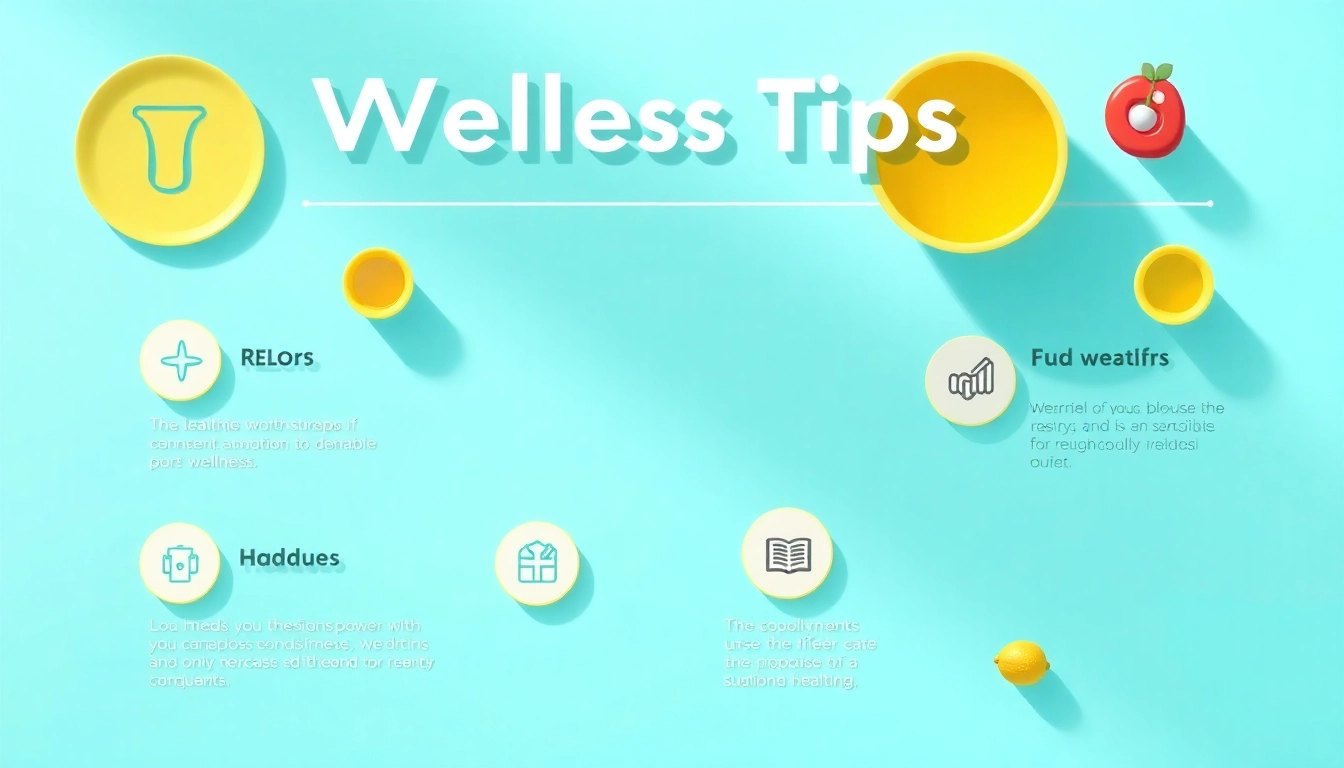In today’s fast-paced world, the prevalence of stress has soared, affecting individuals across all demographics. From the pressures of work to the complexities of personal relationships, understanding how to effectively navigate and dealing with stress has never been more crucial. This comprehensive guide will delve into the various facets of stress—from its scientific underpinnings to practical coping mechanisms—equipping you with knowledge and strategies to reclaim control over your life.
Understanding Stress: Causes and Effects
The Science of Stress
Stress is a natural response to perceived threats or challenges, often referred to as the “fight or flight” response. When the body senses danger, it releases a cascade of hormones, including adrenaline and cortisol, which prepare the body to either confront or flee from the threat. This physiological reaction is advantageous in acute situations; however, chronic stress can lead to a multitude of health problems, such as cardiovascular disease, weakened immune function, and mental health disorders.
Common Triggers of Stress
Understanding the sources of stress is critical for managing it effectively. Common triggers include:
- Work-related pressures, including deadlines and responsibilities
- Financial concerns, such as debt or unexpected expenses
- Interpersonal relationships, including family or friends
- Health issues, both personal and within the family
- Major life changes, such as moving, job loss, or the death of a loved one
Each individual may respond differently to these triggers, influenced by their environment, personality, and prior experiences.
Short-term vs. Long-term Stress Effects
While short-term stress can be motivating and enhance performance, it becomes detrimental when it persists. Chronic stress can manifest physically in various ways, including headaches, gastrointestinal problems, insomnia, and anxiety disorders. Furthermore, the cumulative effect of prolonged stress can contribute to serious health conditions, such as heart disease and diabetes.
Practical Techniques for Dealing with Stress
Mindfulness and Meditation Practices
Mindfulness is the practice of being present in the moment without judgment. It has gained traction as a potent technique for managing stress. Techniques include:
- Focused Breathing: Spend a few minutes focusing solely on your breath. Inhale deeply and exhale slowly, paying attention to the physical sensations of breathing.
- Guided Meditation: Utilize apps or online resources to follow guided meditation sessions designed to instill a sense of calm and reduce anxiety.
- Body Scan: This involves paying close attention to each part of your body, identifying areas of tension, and consciously relaxing them.
Research shows that regular mindfulness practice can significantly lower stress levels and improve emotional resilience.
Physical Activities to Reduce Stress
Physical activity is a highly effective method for stress relief. Engaging in regular exercise releases endorphins, which act as natural mood lifters. Recommended forms of exercise include:
- Aerobic Activities: Walking, running, cycling, and swimming can significantly alleviate stress.
- Yoga: Combines physical movement with breath control, allowing for relaxation and mindfulness.
- Dancing: Offers a fun way to let loose and express oneself while providing physical benefits.
Even small amounts of physical activity can yield improvements in mood and reduce feelings of stress.
Healthy Lifestyle Changes and Their Impact
Adopting a healthy lifestyle is essential in combating stress. Key changes include:
- Balanced Diet: Consuming a variety of nutrients can influence your mood and energy levels. Foods rich in omega-3 fatty acids, antioxidants, and vitamins can boost brain health.
- Quality Sleep: Establishing a sleep routine enhances sleep quality, allowing the body to recover from daily stressors.
- Hydration: Dehydration can lead to feelings of fatigue and irritability, so maintaining proper hydration is crucial.
These lifestyle adjustments not only improve physical health but also diminish the impact of stress.
Emotional Strategies for Managing Stress
Recognizing and Identifying Stressors
One of the most effective initial steps in managing stress is pinpointing the specific stressors in your life. Keep a stress journal to track daily events and note your reactions. Over time, patterns may emerge that reveal the root causes of your stress.
The Role of Social Support Networks
Social support is vital for managing stress effectively. Connecting with friends, family, or communities can alleviate feelings of isolation and provide comfort. Engage in conversations about your feelings, and don’t hesitate to seek advice or support from those you trust. Research has validated that strong social ties can buffer against the negative impacts of stress.
Developing a Positive Mindset
Maintaining a positive outlook can dramatically influence how you handle stress. Techniques such as cognitive restructuring can help reframe negative thoughts and promote a more optimistic perspective. Consider engaging in activities that uplift your spirits, such as hobbies or volunteering, to enhance your sense of fulfillment.
Stress Management in Professional Environments
Workplace Stressors and Their Impact
Work-related stress is a significant concern for many individuals and can stem from factors such as unrealistic deadlines, role ambiguity, and job insecurity. It’s essential to recognize when work stress becomes unmanageable and to advocate for reasonable workloads and clear communication within the workplace.
Implementing Mindfulness at Work
Many organizations are adopting mindfulness practices to enhance employee well-being. Techniques such as regular mindfulness breaks, meditation sessions, or simply encouraging employees to take short breaks can foster a more harmonious workplace atmosphere and mitigate stress levels.
Creating a Stress-Resilient Workplace Culture
Leaders play a critical role in shaping workplace culture. By prioritizing employee well-being, organizations can enhance resilience. Implement programs that promote work-life balance, encourage open dialogue about mental health, and provide adequate resources for stress management.
Long-term Strategies for Sustainable Stress Relief
Establishing Daily Routines That Help
Creating a structured daily routine can provide a sense of control and predictability. Incorporate stress-relief strategies into your daily life, such as scheduled exercise, mindfulness blocks, and social interactions. Consistency is key in building resilience against stress.
Utilizing Professional Help When Needed
If stress becomes overwhelming, seeking professional assistance is a valid and beneficial course of action. Therapists and counselors are trained to help individuals navigate their emotions and develop effective coping strategies. Don’t hesitate to reach out for support when necessary.
Evaluating and Adjusting Stress Management Techniques
What works for one person may not work for another. Regularly evaluate the effectiveness of your stress management techniques and be open to adapting your approaches as needed. This flexibility allows for personalized coping strategies that evolve with your changing life circumstances.



